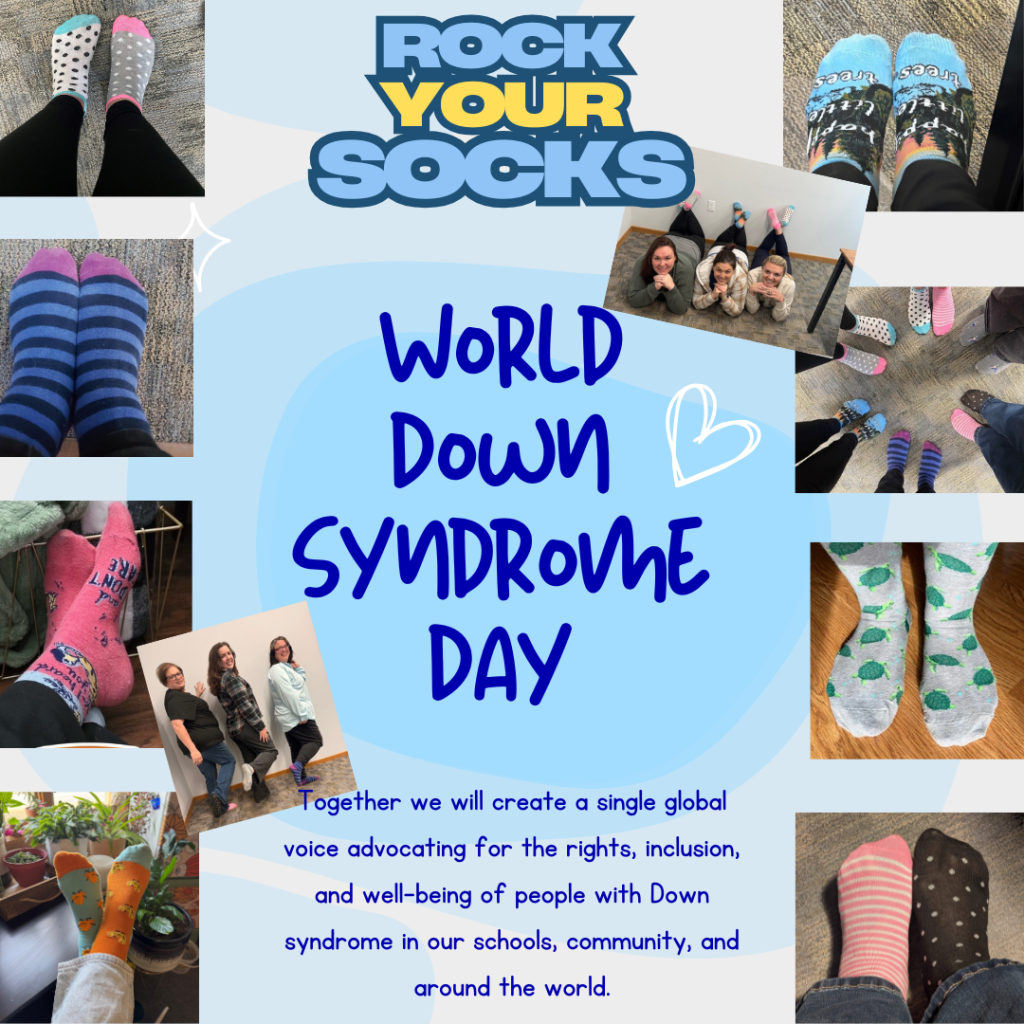


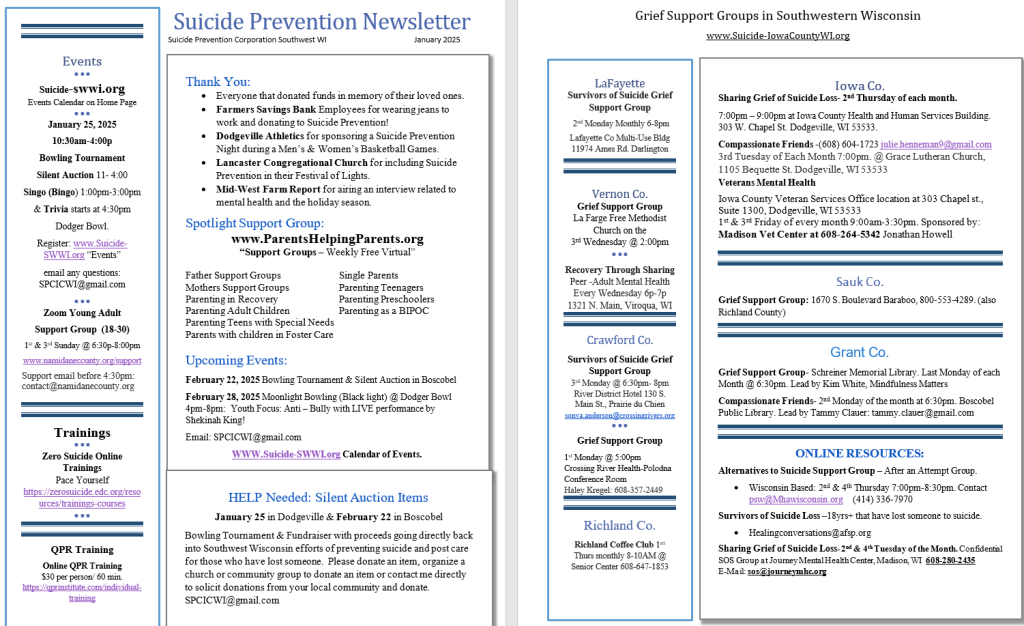
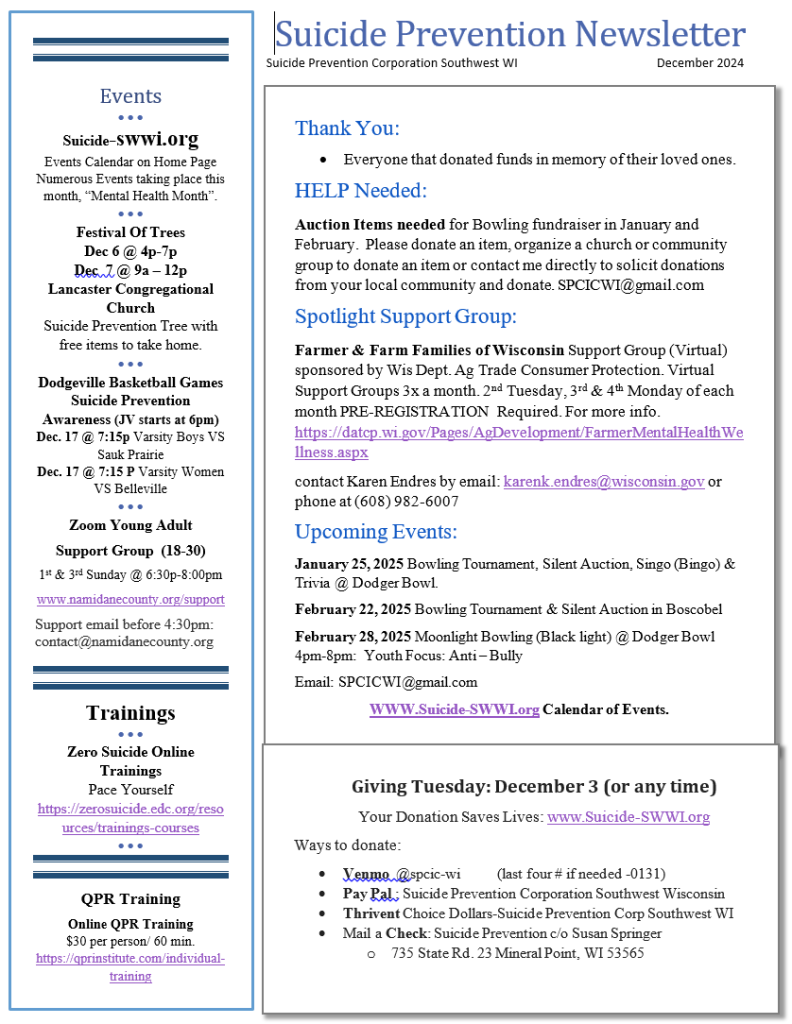
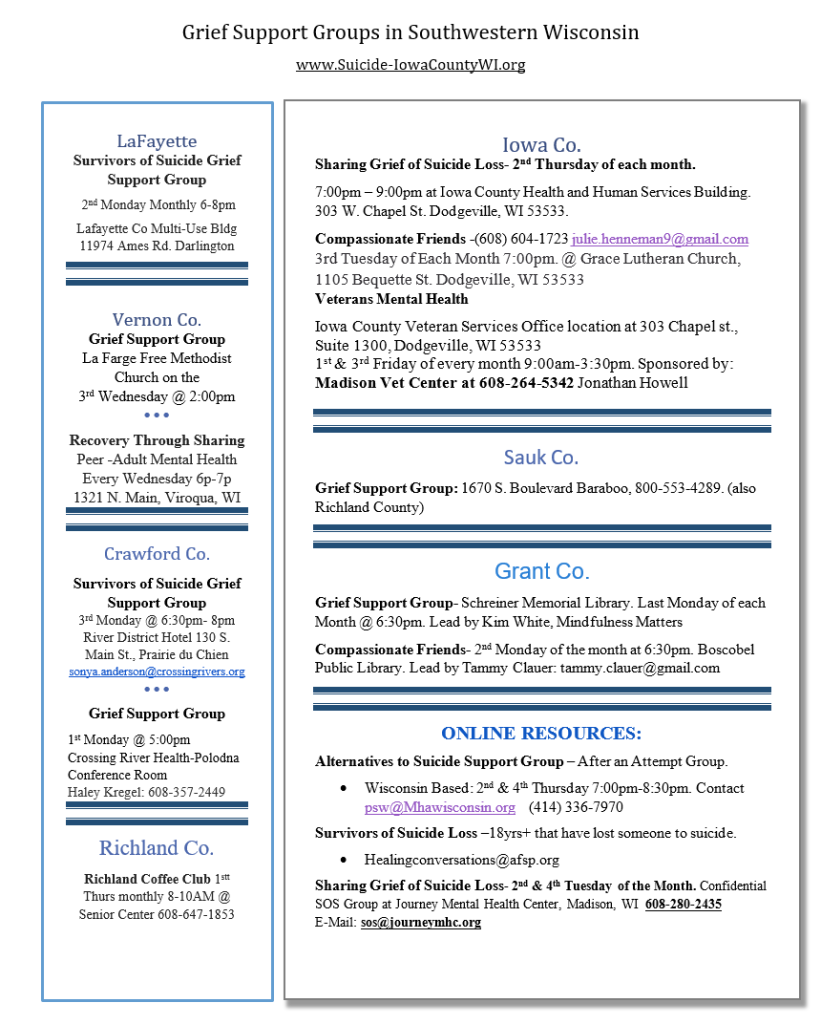
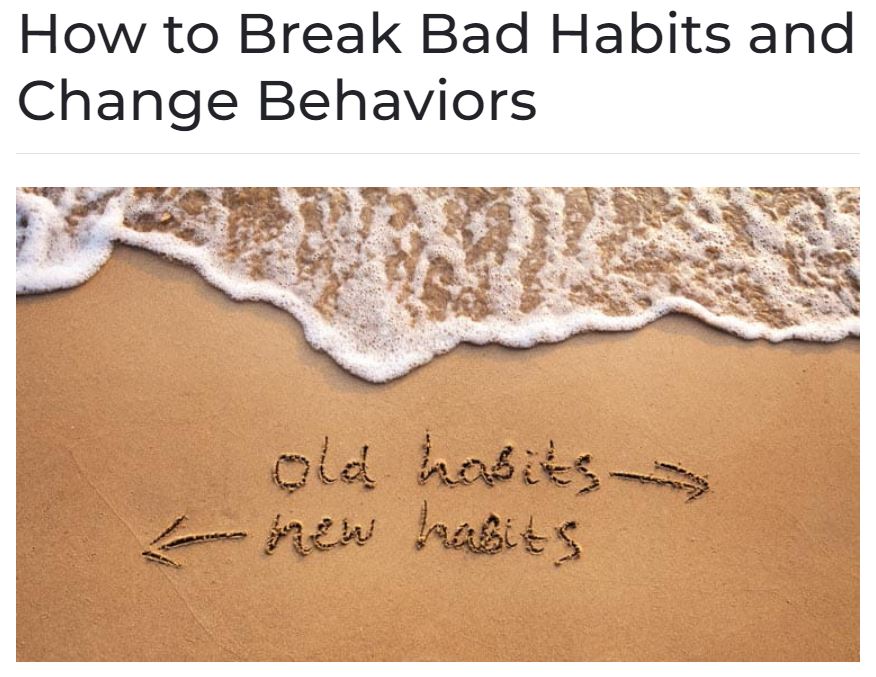
Old habits can be hard to break, and new habits hard to make. But with these six basic steps, you can develop new, healthy behaviors that stick.
How to Break Bad Habits and Change Behaviors | American Heart Association
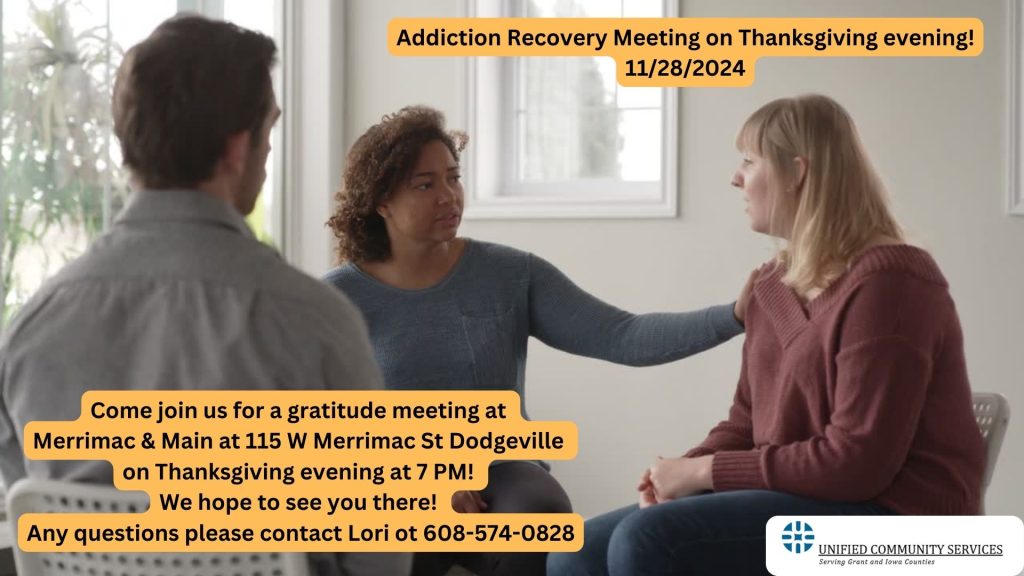
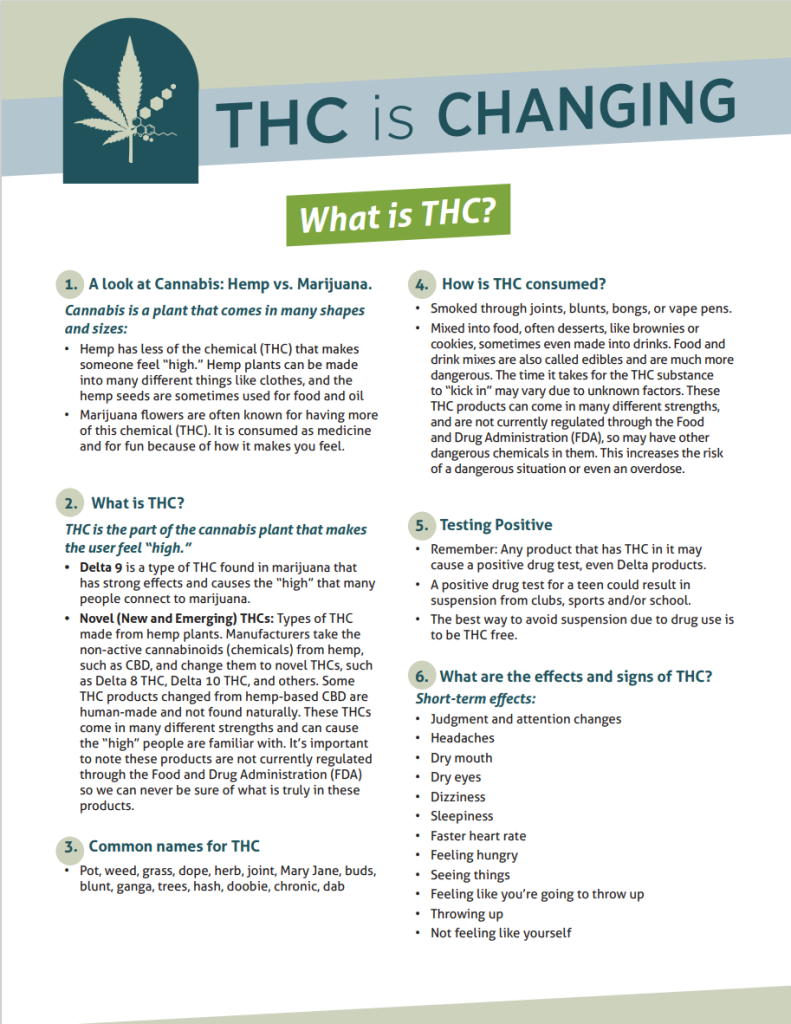
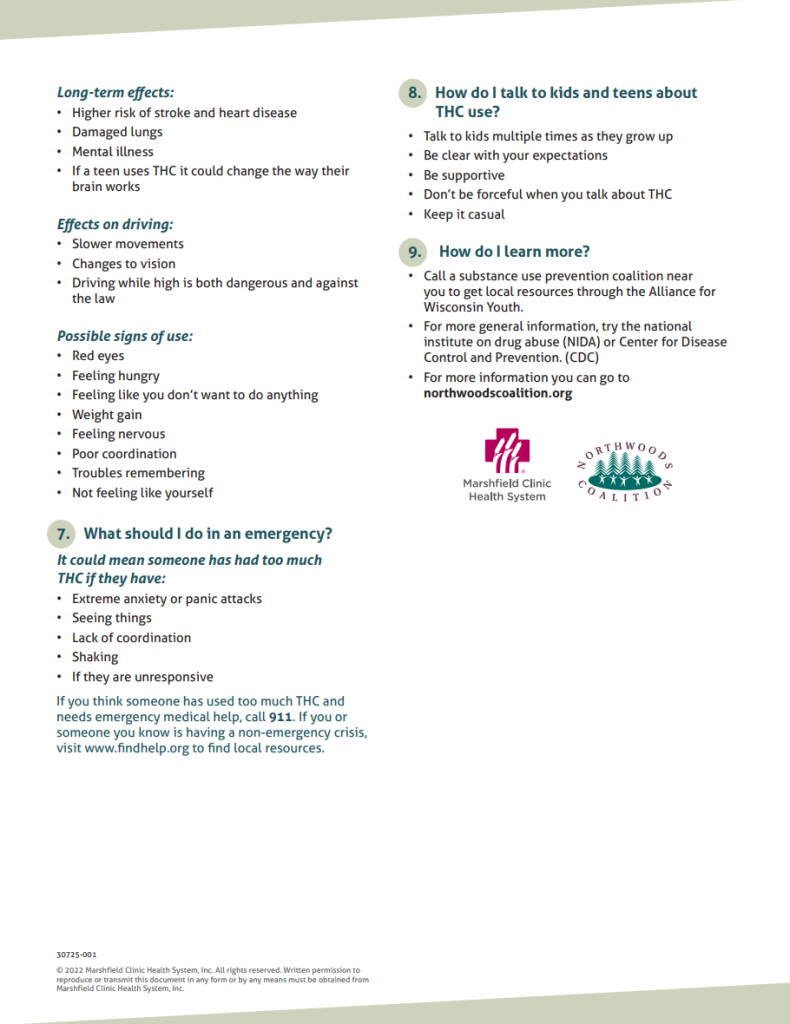


November 21, 2024

Quitting smoking isn’t easy. It takes time. And a plan. You don’t have to stop smoking in one day. Start with day one. Let the Great American Smokeout event on the third Thursday in November be your day to start your journey toward a smoke-free life!
You’ll be joining thousands of people who smoke across the country in taking an important step toward a healthier life and reducing your cancer risk. Plus, the American Cancer Society can help you access the resources and support you need to quit.